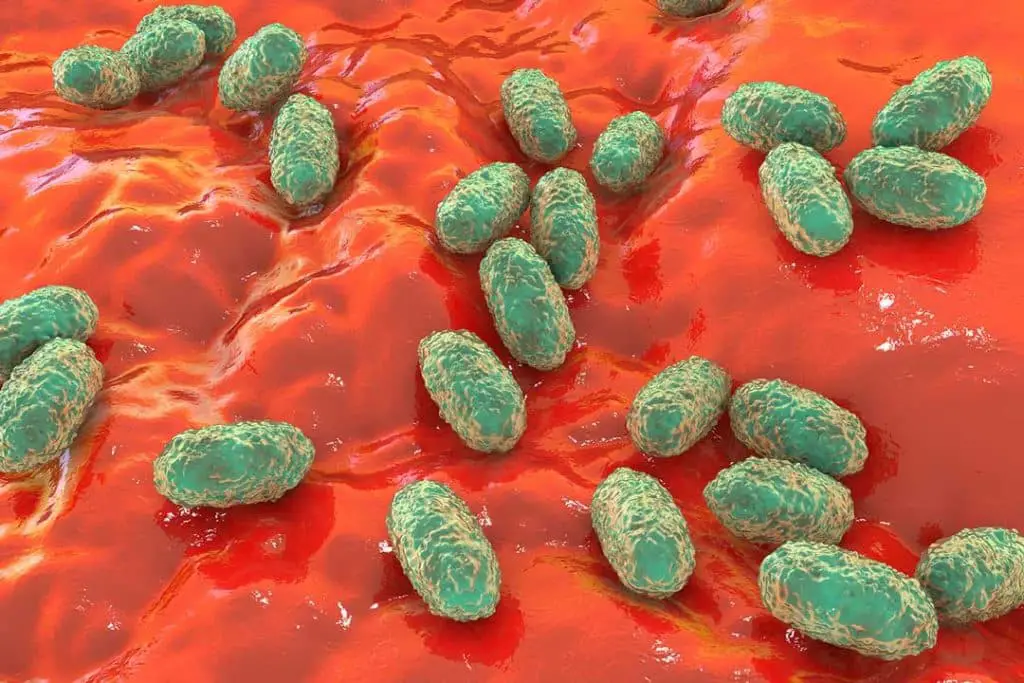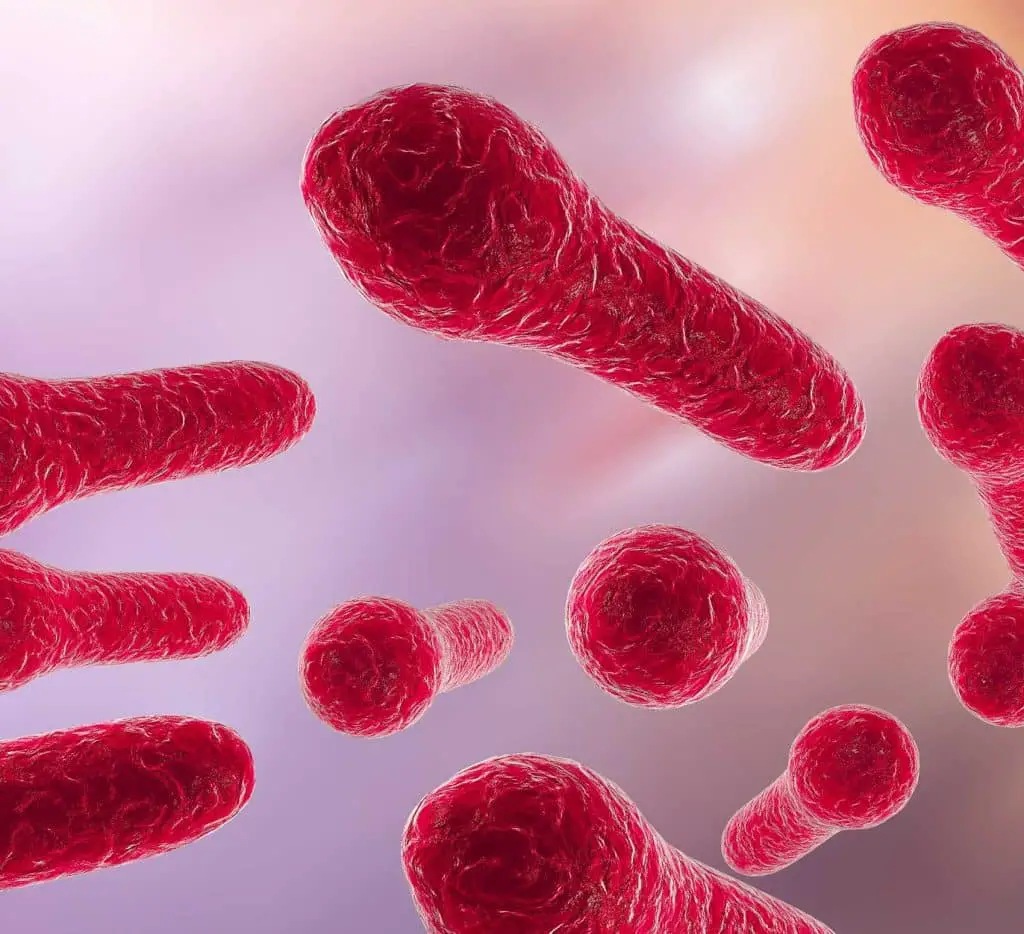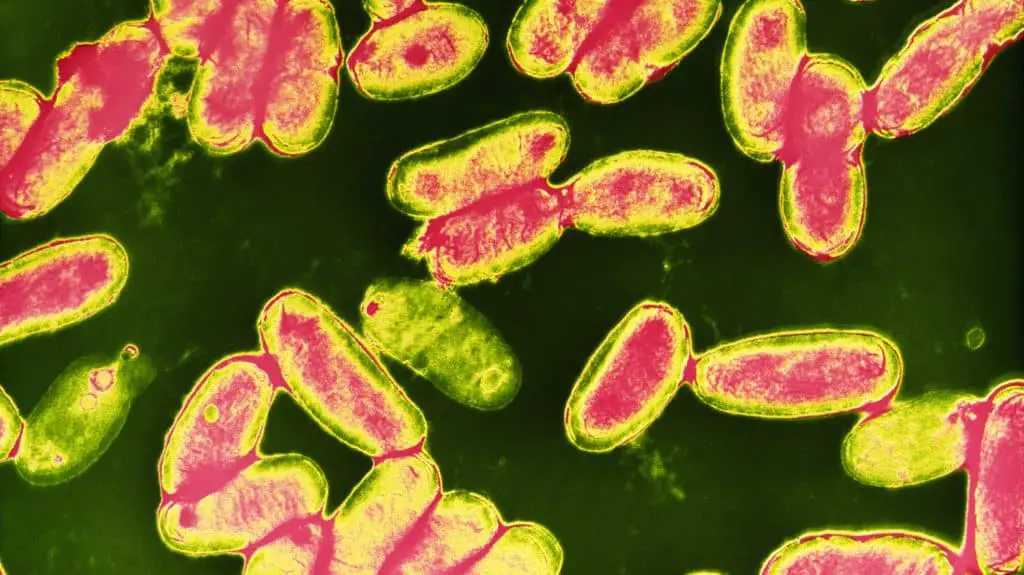The data for this analysis was collected through an EU-funded National Recovery and Resilience Plan (NRRP) project. Doctors from seven Italian referral centers, along with four other pediatric and neonatal departments across Italy, provided information on pertussis cases, including vaccination status, treatment and outcomes.
The research was published in the journal Eurosurveillance .
Outbreaks of whooping cough in Italy
The main findings highlighted that the majority of those affected were unvaccinated, with the majority of cases occurring in the southern cities of Naples and Palermo. Among the 75 children hospitalized, 68.5% were less than four months old and 11.1% required intensive care. The epidemic has led to a sharp increase in hospitalizations compared to previous years, with an 800% increase in the first 4 months of 2024 compared to 2022 and 2023.
A detailed analysis of the centers in Naples, Rome and Palermo indicated that 47 of the cases had viral co-infections, which often worsened the severity of the disease. The study also revealed critical gaps in maternal vaccination, with only 3 of 53 mothers vaccinated during pregnancy and only 10 of 48 informed of the option.
The ongoing epidemic highlights the critical need for public health interventions such as maternal immunization and early vaccination of newborns. The findings indicate that prenatal vaccination could significantly mitigate disease severity and reduce length of hospitalization.

The resurgence of whooping cough in Italy is in line with similar trends observed in Europe following the Covid-19 pandemic, during which Covid-19-related disruptions to regular vaccination programs and public health measures may have compromised immunity of the population.
The authors propose various strategies to effectively counteract the resurgence of whooping cough. These include implementing maternal vaccination during pregnancy, vaccinating newborns as early as possible, providing antibiotic post-exposure prophylaxis (PEP) for contacts, and initiating vaccination campaigns targeting people who have missed doses of recall.
Furthermore, active screening of individuals with respiratory symptoms should be promoted, thus minimizing exposure and containing the spread of infection. The high number of hospitalized newborns and reported mortality highlight the urgent need to address this public health problem.
Maternal Tdap vaccination protects younger newborns from whooping cough
Introducing a tetanus toxoid vaccine, a reduced diphtheria toxoid, and an acellular pertussis (Tdap) vaccination during pregnancy may protect younger children from whooping cough, according to a study published online in JAMA Pediatrics.
Tami H. Skoff of the US Centers for Disease Control and Prevention in Atlanta and colleagues calculated and compared pertussis incidence rates in the pre-maternal Tdap vaccination period (2000 to 2010) and in the post-Tdap vaccination period. maternal Tdap vaccination (from 2012 to 2019). ) for infants aged less than 2 months (maternal vaccination target group) and infants aged 6 to less than 12 months (comparison group).
The researchers found that in the pre-maternal period of Tdap vaccination, the annual incidence of whooping cough did not change among infants younger than 2 months and increased slightly among older infants, with no change in the observed incidence difference. between the two age groups.

In the post-maternal Tdap vaccination period, a decrease in incidence was observed among infants younger than 2 months (slope, -14.53 per 100,000 infants per year), whereas no change was observed for infants younger than large (slope, 1.42 per 100,000 newborns per year). year).
During the post-maternal Tdap vaccination period, the difference in incidence rate between the two age groups decreased significantly (slope, −14.43 per 100,000 infants per year). Between the pre- and postmaternal Tdap vaccination periods, differences in pertussis incidence rate were significantly different (slope difference, −14.51 per 100,000 infants per year).
“Our data suggest that maternal Tdap vaccination is associated with a reduction in disease burden among the youngest and most vulnerable age group (<2 months),” the authors write.
Babies are more protected against whooping cough if the mother is vaccinated during pregnancy
Mothers vaccinated against whooping cough during pregnancy have children who are 70% less likely to contract a whooping cough infection in childhood, compared to children of unvaccinated mothers.
The findings, published in Pediatrics, come from a collaborative study involving the Menzies School of Health Research. The study looked at four years of vaccination data from almost 280,000 births in the Northern Territory, Queensland and Western Australia.
Whooping cough is a highly contagious and potentially life-threatening respiratory tract infection. It is also a nationally notifiable disease in Australia. Whooping cough is likely to be most severe in newborns in the first few weeks of life.
Supported by Australian population-based data, these findings support the recommendation for pertussis vaccination during pregnancy between 20 and 32 weeks to help stop pertussis infections in infants younger than 6 months.
Research has also debunked the fact that babies born to vaccinated mothers may not respond as well to their first whooping cough vaccine. There was concern that the infant vaccination schedule, which begins at age 2 months, would not be as effective if the mother was vaccinated during pregnancy, but no significant impact was discovered.

The whooping cough vaccine is currently available free of charge in Australia in combination with diphtheria and tetanus vaccines. Pregnant mothers receive one shot, while children are vaccinated in five phases. This research included 9,996 mother-child pairs in the Northern Territory.
Perinatal and pediatric infectious disease epidemiologist Dr Annette Regan says: “This research provides further reassurance on the benefits of maternal pertussis vaccination in Australia. Maternal whooping cough vaccination is vital to help protect babies from whooping cough in the first few months of life, particularly before they are eligible for their first whooping cough vaccine at two months of age.”
Dr Michael Binks, study co-author and senior research fellow at Menzies, says: “These findings support the need to raise awareness of the importance of vaccination during pregnancy.
“The study found that maternal uptake of the pertussis vaccine was lowest in the Northern Territory and Western Australia. Given recent efforts to improve uptake in these regions, a more updated assessment is now warranted.”
#Outbreak #whooping #cough #newborns #young #children #Italy

